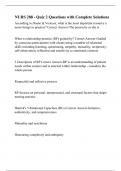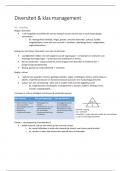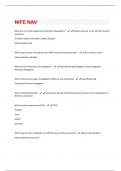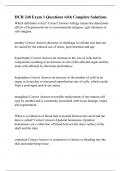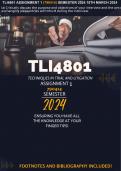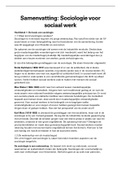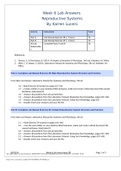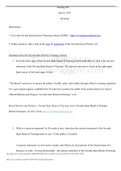Summary
Summary US Presidents influence on civil rights
- Module
- American Century:1890-1990
- Institution
- WJEC
Table showing each US president from and their influence on the civil rights movement. Ideal for essays and understanding political views. Good for comparisons. Used for my exam where I achieved full UMS marks.
[Show more]





